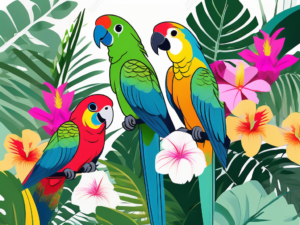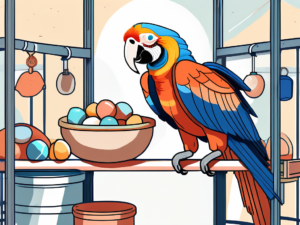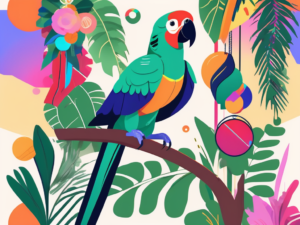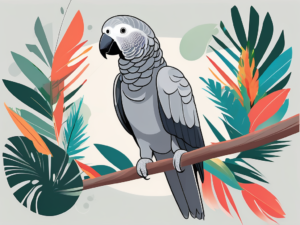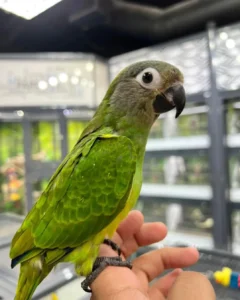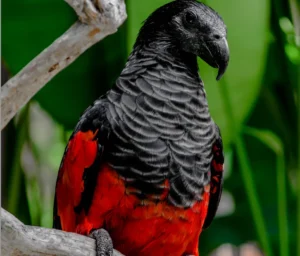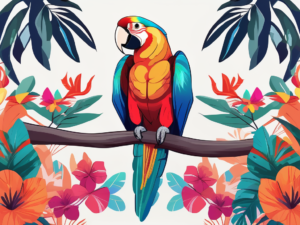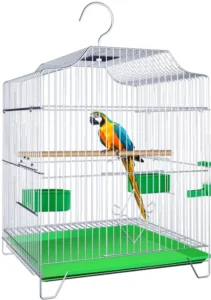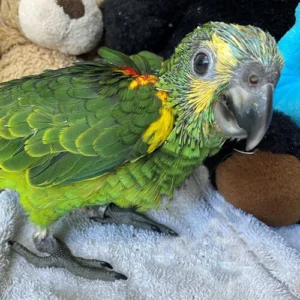Parrots are among the most adored pets in the world. Known for their vibrant colors, playful personalities, and ability to mimic sounds, these feathered companions can bring joy and companionship into your life. However, owning a parrot is more than just having a colorful pet; it comes with responsibilities and considerations that every potential owner should understand. This article will guide you through the world of parrots, from understanding their nature to preparing for your new pet and making the right choice for your household.
Understanding the World of Parrots
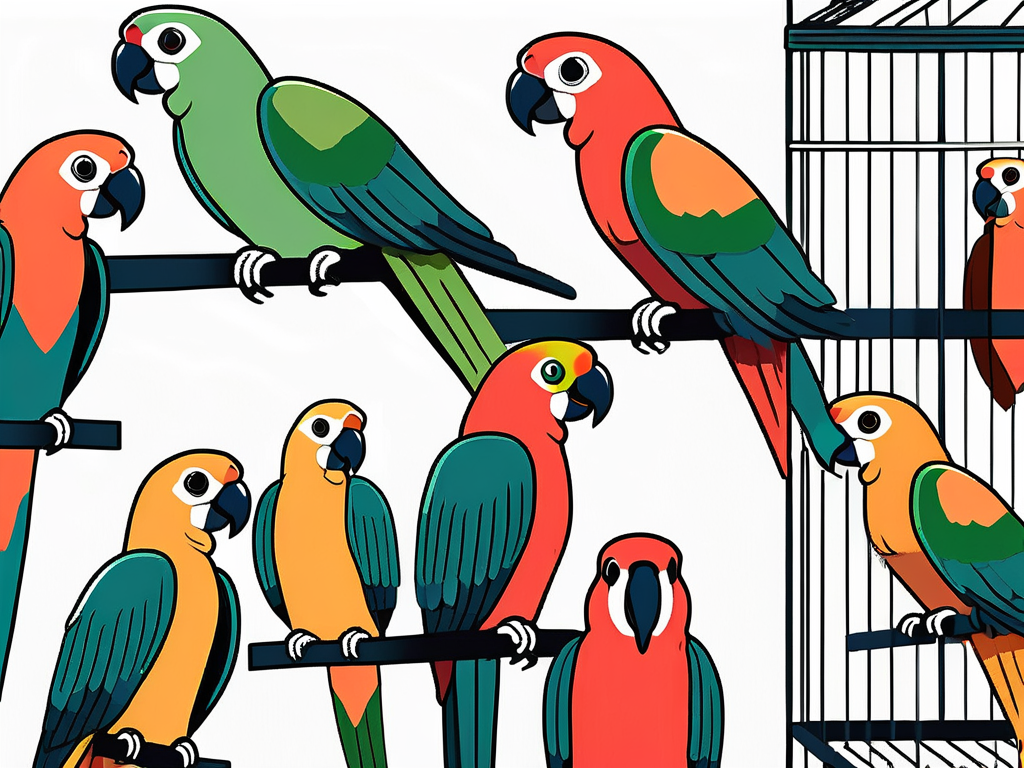
Parrots are fascinating creatures that belong to the order Psittaciformes. This extensive group includes over 393 different species, each with its own unique characteristics and needs. Understanding these differences is essential for anyone considering a parrot as a pet.
Different Species of Parrots
Some of the most popular parrot species among pet owners include:
- Budgerigar (Budgie): Small, social, and relatively easy to care for.
- African Grey: Known for exceptional intelligence and speaking ability.
- Amazons: Playful and often have boisterous personalities.
- Macaws: Large, beautiful, and require a lot of space and interaction.
Each species comes with its own care needs and behaviors, influencing which parrot might be the right fit for you. For instance, budgerigars are often recommended for first-time bird owners due to their manageable size and friendly nature, making them an ideal choice for families. In contrast, African Greys, with their remarkable cognitive skills, thrive on mental stimulation and can develop strong bonds with their owners, requiring a more dedicated approach to training and socialization.
Lifespan and Size of Parrots
Parrots can live quite a long time, with some species reaching up to 30 years or more, while macaws can live beyond 50 years. Their size also varies significantly—from the tiny budgerigar, averaging around 7 inches, to the majestic macaw, which can grow up to 33 inches in length. Keeping in mind the lifespan and size is crucial when selecting your ideal companion. It’s important to note that a parrot’s longevity often means a long-term commitment, as they require consistent care, social interaction, and mental stimulation throughout their lives. Additionally, larger species may need larger cages and more space to thrive, making it essential to consider your living environment before bringing one home.
Parrot Personalities and Temperaments
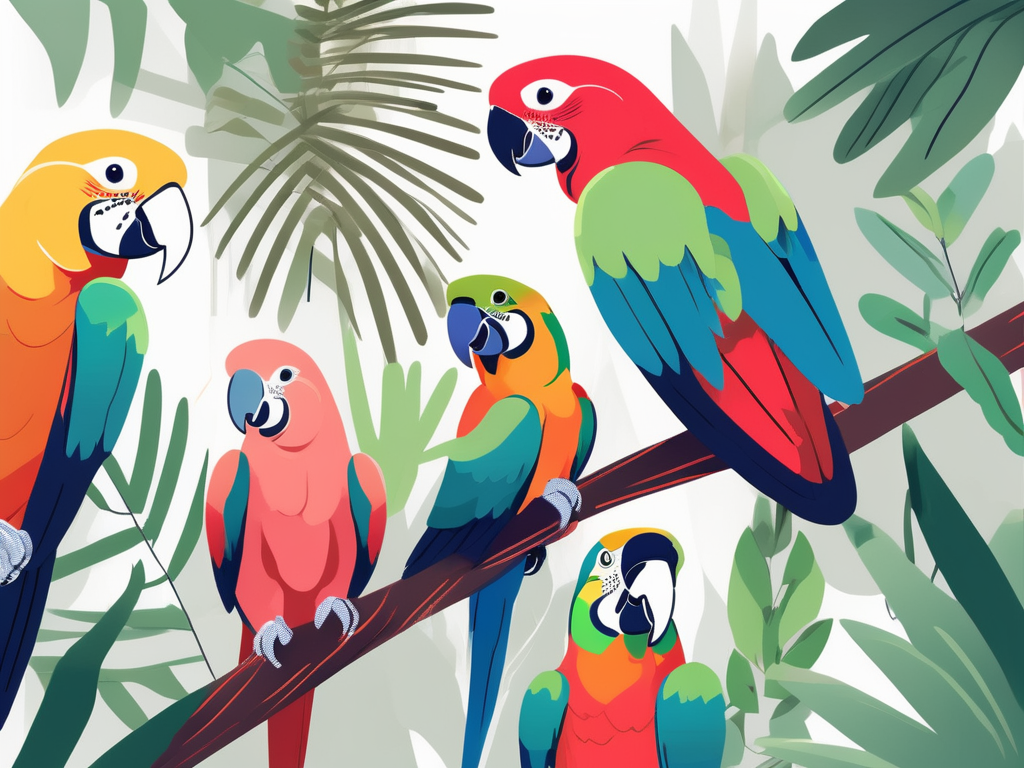
Parrots are known for their vibrant personalities. Some are more outgoing and friendly, while others may be shy or reserved. Understanding these traits can help you ensure that the parrot you choose matches your lifestyle and expected interaction level. Generally, younger parrots are more adaptable, while older ones might have established quirks and preferences. Moreover, socialization plays a critical role in shaping a parrot’s temperament; those that are regularly interacted with tend to be more confident and engaging. It’s also worth mentioning that many parrots exhibit playful behaviors, such as climbing, chewing, and mimicking sounds, which can provide endless entertainment but also necessitate a safe and stimulating environment to explore.
Preparing for Parrot Ownership
Before bringing a parrot into your home, it’s essential to prepare adequately. This preparation involves understanding their living requirements and necessary supplies to ensure a happy environment for your new pet. Parrots are not just pets; they are intelligent, social beings that require commitment and care. Understanding their needs will help you create a nurturing space that promotes their well-being and happiness.
Essential Parrot Supplies
To keep your parrot happy and healthy, consider the following essential supplies:
- Cage: Choose a spacious cage with appropriate bar spacing for the species you select. A larger cage allows for more movement and play, which is crucial for their physical health.
- Food and Water Bowls: Heavy bowls prevent tipping and should be easy to clean. Stainless steel bowls are often recommended as they are durable and hygienic.
- Toys: Parrots are intelligent and need mental stimulation, so provide a variety of safe toys. Rotate toys regularly to keep their environment engaging and to prevent boredom.
- Perches: Different sizes and textures help keep their feet healthy. Consider natural wood perches, as they mimic their natural habitat and provide better grip.
Investing in quality supplies lays the groundwork for a nurturing home. Additionally, consider adding a play gym or stand where your parrot can exercise and socialize outside of their cage, fostering a sense of freedom and exploration.
Creating a Parrot-Friendly Environment
Parrots are social creatures that thrive in lively settings. Creating a parrot-friendly environment involves:
- Designating a safe play area away from hazards. This area should be free from toxic plants, electrical cords, and small objects that could be swallowed.
- Securing windows and doors to prevent accidental escapes. Consider installing screens or using bird-safe locks to ensure their safety.
- Providing adequate social interaction to satisfy their companionship needs. Parrots often form strong bonds with their owners, so spending quality time with them is vital.
Remember, parrots enjoy climbing, chewing, and exploring, so be attentive to their environment and remove any potentially harmful items. Incorporating natural branches, ropes, and bird-safe foliage can enhance their habitat and encourage natural behaviors.
Understanding Parrot Diet and Nutrition
The diet of a parrot should be carefully balanced to ensure long-term health. A suitable diet consists of:
- High-quality pellets that provide essential vitamins. Look for brands that specify they are formulated for your parrot’s species.
- Fresh fruits and vegetables for added nutrients. Dark leafy greens, carrots, and berries are excellent choices that can be offered daily.
- Avoiding unhealthy foods like chocolate, avocado, and excessive seeds. Be mindful of portion sizes, as obesity can lead to serious health issues.
Consulting with an avian vet can help you establish the most beneficial diet based on your parrot’s species and individual needs. Regularly monitoring their weight and adjusting their diet accordingly will help maintain their health. Additionally, consider offering occasional treats like nuts or cooked grains to keep mealtime exciting and reinforce positive behaviors.
Choosing the Right Parrot for You
Selecting the right parrot is crucial for ensuring that both you and your feathered friend are happy. Different parrots have varying needs and personalities, so it’s vital to consider certain factors before making a decision.
Factors to Consider When Choosing a Parrot
Here are several key factors to consider:
- Time Commitment: Parrots require daily interaction, mental stimulation, and care.
- Space: Consider the space available for a cage and play area.
- Noise Level: Some parrot species are notoriously loud, which may not suit every household.
Evaluating these factors will better inform your decision and help you choose the right companion. Additionally, consider the lifespan of the parrot species you are interested in, as some can live for several decades. This long-term commitment means you should also think about your future lifestyle changes, such as moving or having children, as these can impact your ability to care for a parrot.
Parrots for Families vs. Individuals
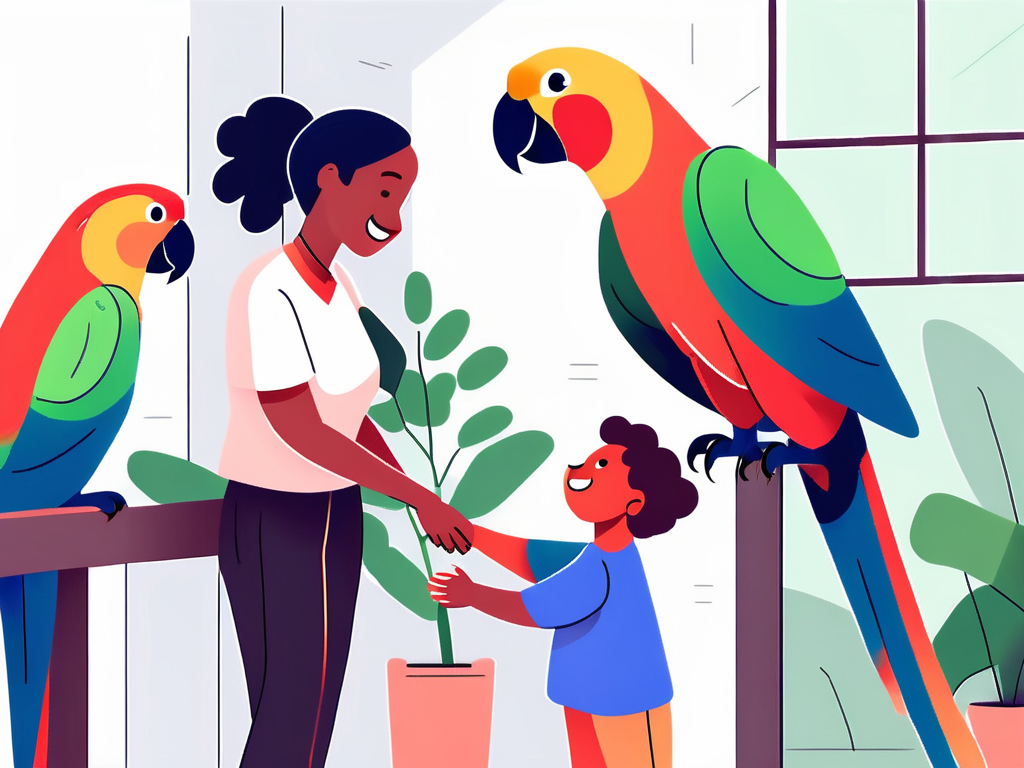
When selecting a parrot, consider the dynamics of your household:
- Families may opt for a more sociable species, such as budgerigars or cockatiels.
- Individuals might prefer species that require more one-on-one time, like African Greys.
Understanding how a parrot fits into your life structure is key to ensuring a healthy relationship. It’s also important to involve all family members in the decision-making process, as everyone will need to contribute to the care and socialization of the bird. Furthermore, consider the ages of children in the home; younger kids may need supervision when interacting with larger or more temperamental species to ensure both their safety and the bird’s comfort.
Parrots for Beginners vs. Experienced Owners
Some parrots are more suited for novice owners, while others may best fit seasoned aviculturists:
- Budgerigars and cockatiels are excellent starter parrots due to their friendly demeanor.
- Species like macaws or African Greys generally require more experience and commitment.
Choosing a parrot that aligns with your level of experience is essential for a fulfilling pet-owner relationship. Beginners should also educate themselves on the specific dietary needs and potential health issues associated with different species. For instance, while some parrots thrive on a seed-based diet, others require a more balanced mix of pellets, fresh fruits, and vegetables. This knowledge will not only enhance the well-being of your parrot but also enrich your experience as a pet owner, allowing you to form a deeper bond with your new companion.
Where to Buy Parrots
Once you’ve decided on the perfect parrot for your home, the next step involves finding a reputable source. There are various avenues where you can acquire your feathered friend.
Buying Parrots from Pet Stores

Pet stores can be convenient for purchasing parrots, as they often have multiple species available. However, it’s vital to ensure:
- The store sells healthy birds.
- Staff are knowledgeable and can answer care questions.
Always inspect the conditions in which the birds are kept.
Adopting Parrots from Rescue Centers
Adoption is a compassionate option that can provide a home for a parrot in need. Rescue centers often have birds of all ages looking for loving homes. Benefits of adopting include:
- Helping a bird find a second chance at life.
- Often lower adoption fees compared to purchasing.
Many rescue organizations also provide support and resources for new owners.
Purchasing Parrots from Breeders
Reputable breeders can provide hand-raised, socialized parrots, which can be beneficial for new owners. Traits of good breeders include:
- Transparency about their breeding practices and conditions.
- Offering health guarantees for the birds.
Research thoroughly to find responsible breeders and never rush into a decision.
In conclusion, welcoming a parrot into your life can be a rewarding and joyful experience. By understanding their needs, preparing adequately, and making informed decisions, you can ensure that you find the perfect feathered friend who will enrich your life for many years to come.


